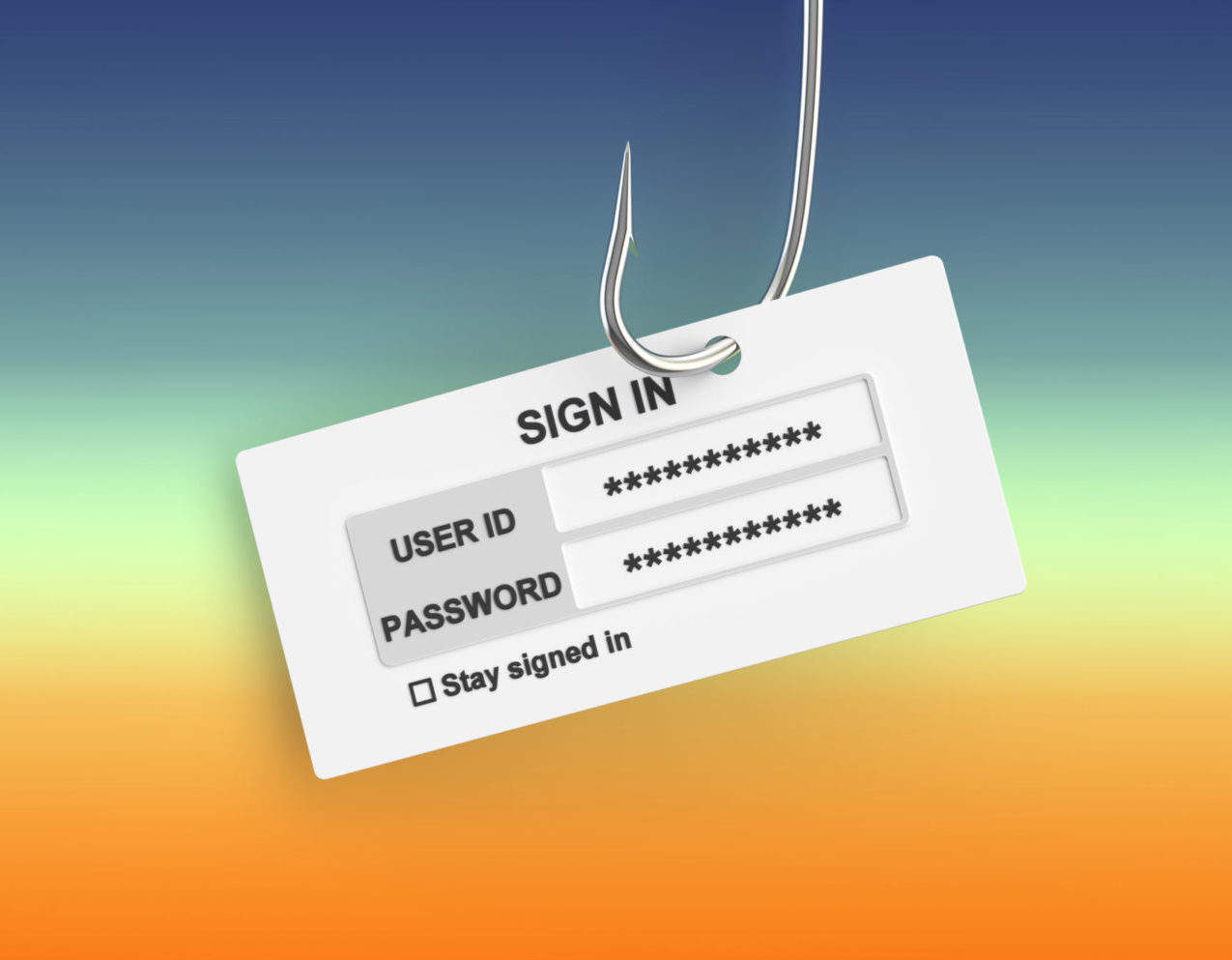
The retail industry is the most at risk to cyber threats, according to research by cyber rating company SecurityScorecard.
Retail ranked bottom out of 18 industries for social engineering, which sees hackers targeting retailers through baiting, phishing or vishing.

Access deeper industry intelligence
Experience unmatched clarity with a single platform that combines unique data, AI, and human expertise.
It represents a drop of six spaces from the previous year, reflecting a number of high profile retail data breaches in 2018.
In August, for example, Superdrug customer data was held at ransom after passwords were acquired through other historic breaches and phishing scams.
And in June – less than a month after GDPR came into force – Dixons Carphone Warehouse was hit by a cyberattack that compromised the payment details of 5.9 million customers.
SecurityScorecard’s head of compliance Fouad Khalil believes this vulnerability in retail is largely because of the human element.

US Tariffs are shifting - will you react or anticipate?
Don’t let policy changes catch you off guard. Stay proactive with real-time data and expert analysis.
By GlobalData“The retail industry is the heaviest in terms of hiring right out of college and very little experienced professionals,” he told Verdict.
“And they tend to fall easily to phishing email scams. The minute they see an email that comes across from a senior level or a critical department or whatever, by default they want to be trusting and they respond and guess what – they open the door.”
Government, non-profit organisations and the legal sector topped the list as those least at risk to social engineering cyberattacks.
Poor application security risks retail cyber attacks
Retail ranked second from bottom for application security – the use of software, hardware and procedures to defend against external threats. Entertainment ranked bottom.
Retailer use of mobile point-of-sales (mPos) devices has increased exponentially in recent years. According to a Capital One report, almost half of retailers interviewed by Boston retailers were using mPos.
Often these systems are integrated into e-commerce platforms, creating an extra opportunity for bad actors.
Khalil believes that technology – and the malware used to exploit them – is being developed faster than the standards are being applied.
The Payment Card Industry Data Security Standard (PCI DSS) didn’t introduce a standard until April this year around mPos devices, despite their use increasing dramatically.
The research also found that over 90% of the retail domains analysed appeared to not be compliant with PCI DSS standards.
Khalil believes that continuous monitoring of security posture, rather than periodic auditing, is the solution.
“You need to follow the data,” he said. “So if organisations don’t have a solid data inventory, they’re behind the ball already.”
The 2018 SecurityScorecard Retail Cybersecurity Report analysed 1,444 domains in the retail industry with digital footprints of 100 or more IP addresses.
Read more: Spotting and avoiding phishing scams so you don’t get hooked







